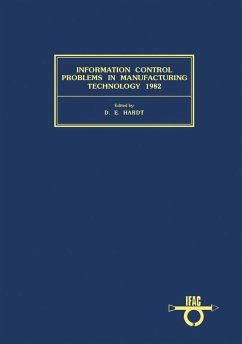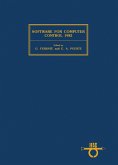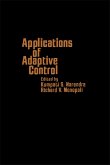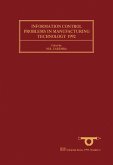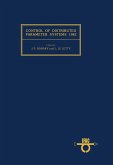Section 3 presents examples of both on and off-line techniques that use novel methods of data acquisition and signal processing. Section 4 focuses on the role of industrial robots in advanced manufacturing systems. It addresses fundamental questions of manipulator design and control, and modelling of robot work environment. The ability to integrate processes and robots into an efficient manufacturing system is truly the challenge of the future. Section 5 deals with a wide range of such problems, including planning, scheduling, inventory, and decision systems. Section 6 presents specific examples of fully automated manufacturing and assembly systems.
Dieser Download kann aus rechtlichen Gründen nur mit Rechnungsadresse in A, B, BG, CY, CZ, D, DK, EW, E, FIN, F, GR, HR, H, IRL, I, LT, L, LR, M, NL, PL, P, R, S, SLO, SK ausgeliefert werden.

